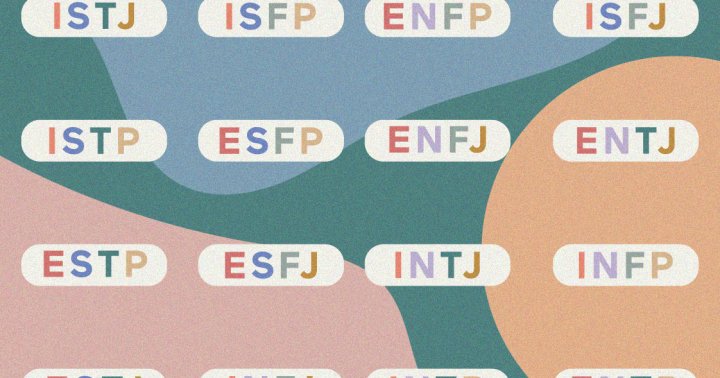

Being what’s probably the most popular personality assessment in the world today, the MBTI has, of course, come up against some criticism. In addition to the research’s mixed results when it comes to the assessment’s reliability, Hallett explains some of the main criticisms also include that people’s results can change, or that people can feel “boxed-in” by the results.
In a 1993 paper titled “Measuring the MBTI and Coming Up Short,” David Pittenger, Ph.D., a professor of psychology at Marshall University, reviews the research on the Myers-Briggs test and raises questions about its underlying concepts. “The MBTI reminds us of the obvious truth that all people are not alike, but then claims that every person can be fit neatly into one of 16 boxes,” he writes. “I believe that MBTI attempts to force the complexities of human personality into an artificial and limiting classification scheme. The focus on the ‘typing’ of people reduces the attention paid to the unique qualities and potential of each individual.”
To that, Hackston and Nardi explain that these types are about preferences, and your type doesn’t suggest you can’t move outside your own preferences. Nardi says you can think of it like whether you’re left or right-handed. “If I’m right-handed, that doesn’t mean I don’t use my left hand, or I don’t use my hands together,” he explains.
Hackston notes the results are meant to be more of a “springboard” for understanding your preferences so you can recognize your own patterns and actively choose to “go against your type” when situations call for it.
Some experts also do not respect the work of Carl Jung, Katharine Cook Briggs, or Isabel Briggs Myers. Jung, for one thing, has received plenty of criticism, given how much of his theories were based on his own dreams and ideas as opposed to scientific fact. Cook Briggs and Briggs Myers were also not trained psychologists or mental health professionals, though Nardi points out that this particular criticism is “actually incredibly sexist because, at the time, it was very difficult for women to become psychologists or even get into college.”
Another criticism of the MBTI is using it to assess or predict performance in the workplace, which Hackston, Hallett, and Nardi all agree is not what this assessment is intended for. “It’s not about performance—it’s about preference. No personality assessment should be used for hiring, and in some states, it’s actually illegal to use it that way,” Nardi notes.
